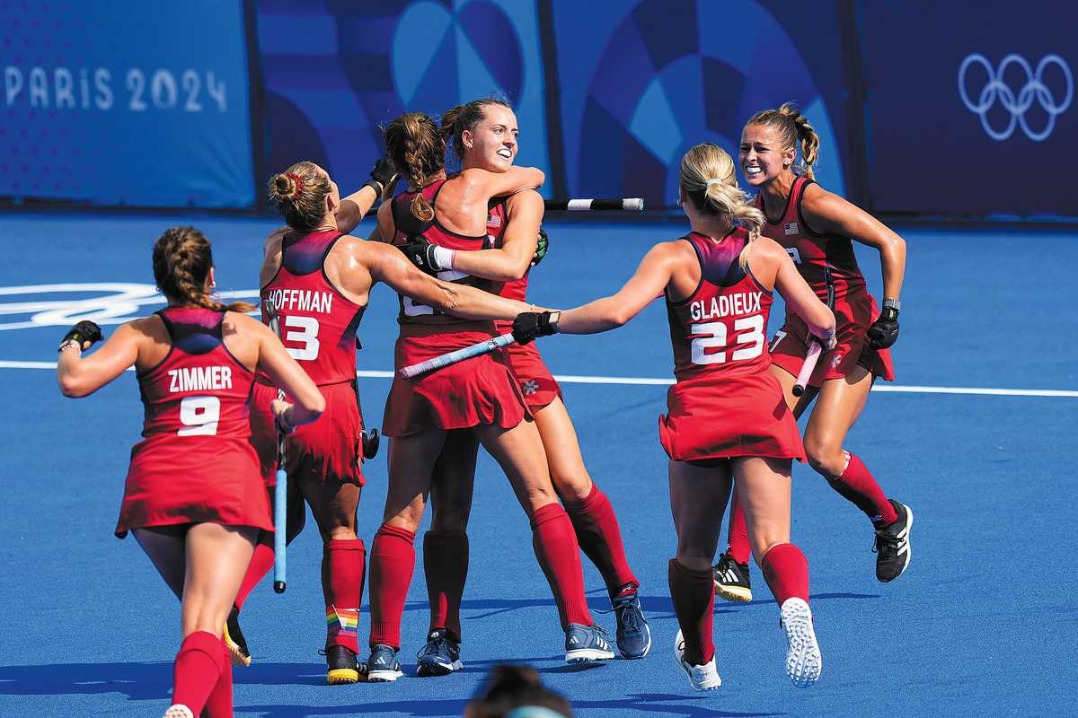IOC leader hails Beijing's planning for 2022 Games


Citing a sustainable venue plan and strong marketing, the head of the International Olympic Committee has highlighted Beijing 2022's role in spearheading new reforms to make future Olympics more feasible and affordable.
Thomas Bach, president of the IOC, said Beijing's preparations for the 2022 Winter Olympics were an example of reducing costs while leaving a lasting legacy for future event hosts. He made the remarks as the IOC unveiled a reform program named "The New Norm" in Pyeongchang, Republic of Korea.
The ambitious program features 118 proposals to provide more flexibility in designing the Games to meet the longterm development plans of host cities and offer them support to save hundreds of millions of dollars by optimizing every function, including venues, broadcasting, transport and accommodation.
Bach said Beijing has taken a lead in preparing for 2022 in compliance with these new requirements.
"It does already affect the preparations in Beijing. We've discussed with the organizing committee a number of venues and location for venues to reduce costs," Bach said.
"This (the reforms) has been very well taken by the organizing committee in Beijing so that these Games can set a benchmark for the application of this new form."
With the international winter sports focus shifting to Beijing after the Pyeongchang Games, Beijing 2022 has been actively presenting its progress to the world, setting up exhibition booths at the Main Press Center and the China House to show its venue plans and preparatory work.
Han Zheng, President Xi Jinping's special envoy to Pyeongchang, emphasized during an earlier meeting with Bach that China is willing to make greater contribution to a Olympic affairs.
China will fully honor the commitment it made when bidding for the 2022 Winter Olympics and host the Games on a green, shared, open and clean basis to deliver a fantastic and extraordinary Winter Olympics, said Han, a member of the Standing Committee of the Political Bureau of the Communist Party of China Central Committee.
As its selling point that meets the IOC's requirements, Beijing will repurpose 11 existing venues built for the 2008 Summer Olympics, such as the National Stadium, the National Aquatics Center and the Wukesong Arena, for competition and noncompetition functions at the 2022 Games.
The organizing committee has transformed an old steel mill owned by State enterprise Shougang Group in the city's western suburbs to host its headquarters and has finalized plans to host a snowboarding event at the abandoned industrial compound to develop it into a winter sports park after 2022.
Once the biggest coal mine near the capital, Muchengjian Colliery, situated in the western mountain area, will soon fuel a cleaner and healthier way of life after production ended and the country's winter sports body and its owner Beijing Energy unveiled a plan to develop a skiing center based on its mountain slopes, underground mining tunnels and housing infrastructure.
Meanwhile, the official marketing program of Beijing 2022 has kicked into gear after the organizing committee signed up five official partners, including Bank of China, dairy giant Yili Group and sports apparel firm Anta, in 2017, providing strong funding for the Games.
Most Popular
- Chinese table tennis stars Fan and Chen quit world rankings
- Embiid stands tall against Celtics, despite pregame fall
- Wemby scores 42 in a memorable Xmas debut, but Spurs fall short
- Mahomes throws 3 TDs as Chiefs clinch top seed
- Littler is a big deal
- Thohir determined to take Indonesia back to World Cup































